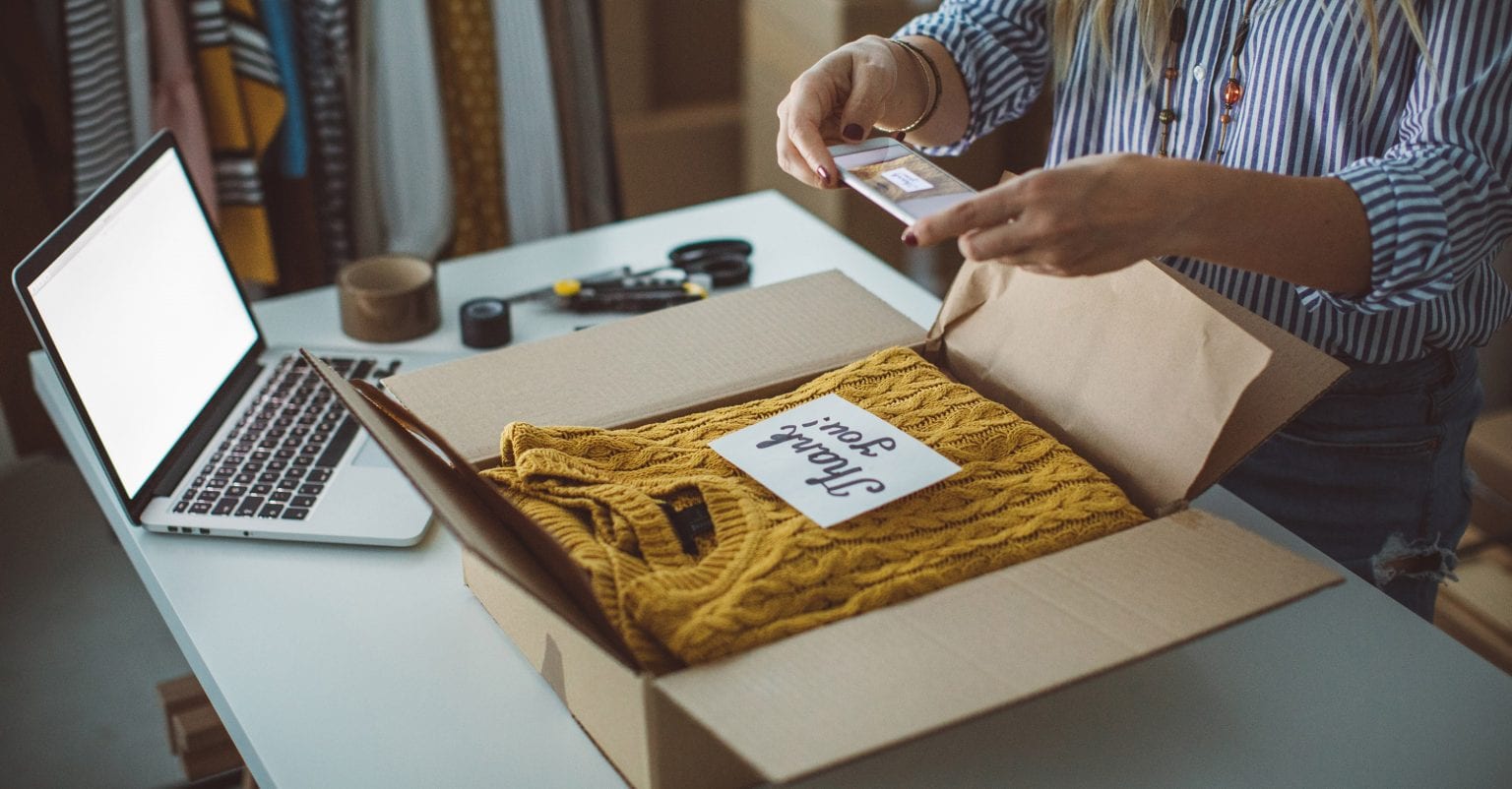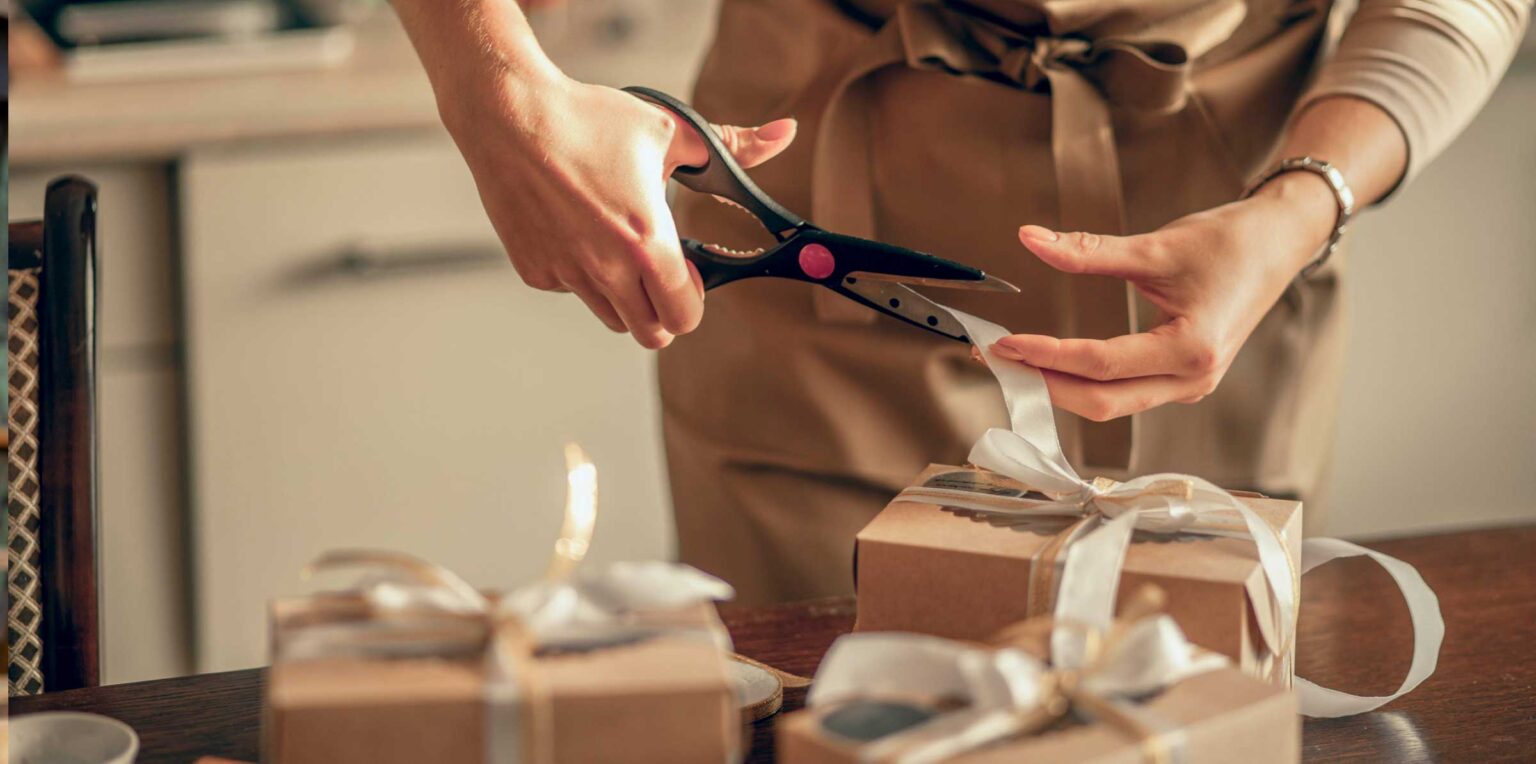We’re told that location, location, location is everything. Or at least it used to be. As commerce increasingly moves online, how can small businesses build and maintain a loyal customer base?
Thankfully, keeping customers loyal doesn’t necessarily require face-to-face interactions or even big piles of cash, according to two small businesses we spoke to.
Local rules
Being online is shifting, though not eliminating, the importance of business location, suggests Jenny Willits, CEO of Sydney-based Seven Miles Coffee Roasters.
“I actually think physical location is going to be more important – not the physicality of it, but where the products come from,” she says.
“People want to know the supply chain behind the product, and that they’re supporting local businesses.
“Our Brisbane and Canberra markets have a local roastery for that reason, so that customers know it has been blended locally for local tastes and that they’re supporting local jobs.”
Be nimble as needs change
For a business where most sales are at large-scale events, COVID-19 could have instantly killed the fairy floss business Fluffy Crunch.
“We’re mainly an events-based business. We started at local markets, then evolved to bigger things like Sydney’s Royal Easter Show. So, we went from [events providing] 80% of our income to providing us exactly nothing when COVID hit,” says owner Michael Karamallis.
As lockdowns began, Karamallis and wife Paola quickly pivoted online, ramped up their social media and adapted their product packaging.
“We reached out using Facebook and Instagram pretty much straight away. Our community responded pretty quickly and shared our story… our online sales skyrocketed about 800%,” he explains.
They have also provided customers with discount vouchers for future purchases and adapted their advent calendar packaging for use as an “iso countdown” to lift spirits under lockdown.
“We’re also trying to diversify into gifting and add other products from other businesses to create gift boxes.”
Have your customers’ back
Every business aims to support their customers while times are good. But the true test of loyalty comes when tough times arise.
“First and foremost, we simply just made sure everyone was okay, their families and employees were safe and well. That was priority number one,” Willits says of her business’s response to COVID-19.
“But something we did differently was providing more regular contact with our café customers, offering support, and using our social media to encourage consumers to support their local café and to promote our café customers who were still open.
“Customers need reliability, dependability – now more than ever they need that support and to know you will be there, you will deliver for them.”
Be authentic
Customers have rallied around Fluffy Crunch in part, Karamallis says, because they have shown customers the behind-the-scenes of their business.
“We’ve found the majority of our interaction is on our Instagram Stories, and about 70% of paying customers come directly from Instagram,” he says.
“We’re a husband and wife business, and people really like that, so we’re sharing that. And our box development – people really like seeing that. We’re also sharing other businesses online, such as for Mother’s Day, so it wasn’t just about us.”
Stay connected
Without a physical presence, communication becomes even more important to keep your business front of mind with customers.
Yet as customer experience expert Darrell Hardidge notes in his book The 10 Commandments of Client Appreciation, “this is by far the biggest complaint [customers have] and most significant in impacting loyalty”.
“It’s vital you identify all the touchpoints in your business that have direct communication to your market and investigate the standards that are delivered.”
Why loyalty matters
It’s true there may be more fish in the sea or customers in the marketplace, but new sales are much harder to achieve than repeat ones.
And as COVID has laid painfully bare, a loyal customer base can make or break a business when disaster strikes.
“For us, our biggest asset is having that social community online and engaging with them on a regular basis, and not trying to be bigger than we are. That’s allowed us to rely on them and ask them for help,” Karamallis says.
“We had a US company rip off our images, and it was a customer that notified us and reported the site to Instagram; within 10 minutes the site was shut down. It’s amazing what followers can do for you!”








